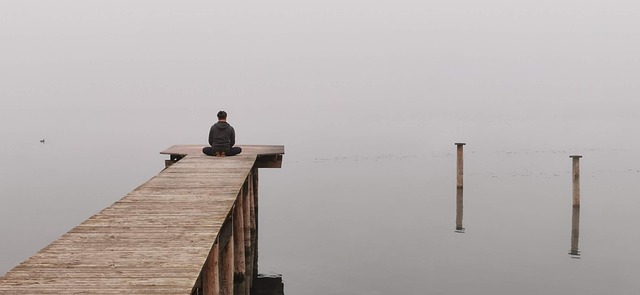Survivors of misconduct at the Change Academy at Lake of the Ozarks Institute (CALO) have access to local and national support networks offering counseling, legal aid, and safe spaces for healing and justice-seeking. Specialized programs within CALO provide tailored resources for trauma recovery, empowering survivors through community building, therapy, creative outlets, self-care practices, and setting healthy boundaries.
“Survivors of misconduct at the Change Academy at Lake of the Ozarks (CALO) Institute face a challenging path towards healing and justice. This article aims to provide essential resources and guidance for those navigating this difficult situation. We offer a comprehensive overview of your rights, strategies for finding support, and steps towards recovery. By understanding your options and accessing available networks, survivors can begin their journey towards healing and re-establishing control over their lives.”
- Understanding Your Rights After CALO Misconduct
- Locating Support Networks for Survivors
- Healing Resources and Next Steps for Recovery
Understanding Your Rights After CALO Misconduct

After experiencing misconduct at the Change Academy at Lake of the Ozarks (CALO), it’s crucial to understand your rights and available resources. The first step is recognizing that you are not alone and that such behavior is unacceptable. Misconduct, especially within an educational or training institute like CALO, can lead to various forms of abuse, causing significant emotional and psychological harm.
Survivors have the right to seek justice, accountability, and healing. It’s important to familiarize yourself with local laws and policies regarding misconduct and abuse. Many organizations offer support services, counseling, and legal aid specifically for survivors of institutional abuse. By reaching out to these resources, individuals can begin their journey towards recovery and ensure that their rights are protected in the face of such unacceptable behavior at CALO.
Locating Support Networks for Survivors

Survivors of misconduct at the Change Academy at Lake of the Ozarks Institute (CALO) can find solace and support in various networks designed to help individuals navigate trauma and seek justice. Local community organizations, such as support groups and counseling centers, offer safe spaces for sharing experiences and processing emotions. These groups often provide a sense of belonging and understanding among peers who have gone through similar traumatic events.
Additionally, national advocacy organizations dedicated to fighting institutional abuse serve as valuable resources. They offer legal aid, counseling services, and community referrals specifically tailored to survivors of academic misconduct. By connecting with these networks, CALO survivors can access the support they need to heal, rebuild their lives, and hold accountable those responsible for the harm they endured.
Healing Resources and Next Steps for Recovery

Healing from trauma caused by CALO misconduct can be a challenging yet transformative journey. Survivors deserve access to comprehensive resources tailored to their unique needs. The Change Academy at Lake of the Ozarks Institute offers specialized programs designed to support individuals who have experienced institutional abuse, focusing on empowerment and resilience-building. These programs provide safe spaces for sharing experiences, fostering community, and exploring healing modalities.
Next steps for recovery may include individual therapy, support groups, or engaging in creative outlets like art or writing. It’s crucial to prioritize self-care practices such as exercise, mindfulness, and setting healthy boundaries. By combining these resources with a supportive network, survivors can navigate their path toward restoration and reclaim their lives post-institutional misconduct.
Survivors of misconduct at the Change Academy at Lake of the Ozarks Institute (CALO) have a range of resources available to support their healing and recovery. By understanding their rights, connecting with supportive networks, and accessing healing resources, individuals can take crucial steps towards rebuilding their lives. Remember that it’s important to seek help and not face this journey alone. With the right support, it is possible to emerge stronger and begin a new chapter of life.
